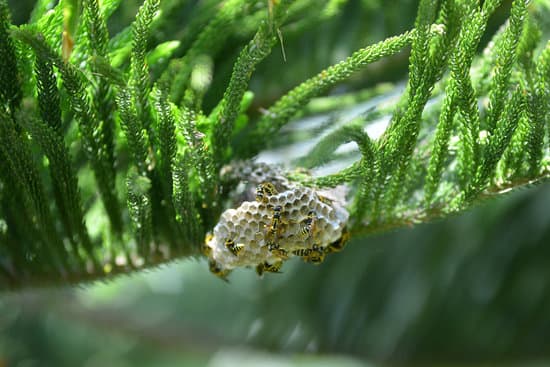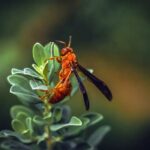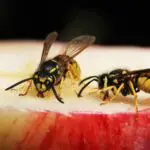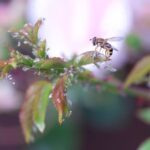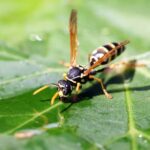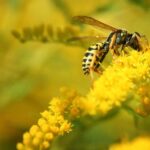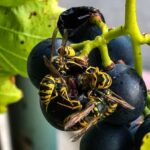Which Wasps Are Beneficial to Human Health?
Thousands of species of wasps are important pollinators for plants, and some of these species are beneficial to human health. However, wasps can also be a nuisance. In addition to being aggressive, some species sting multiple times, and a sting can be painful. If you have a problem with wasps in your home or garden, consider calling a company that specializes in wasp control.
Many people don’t like wasps. However, wasps play a vital role in our ecosystem, regulating populations of arthropods such as flies and mosquitoes. They also help farmers protect their crops by providing homes for parasitic wasps.
Social wasps control pest insects. They prey on flies, aphids, caterpillars, greenflies, and spiders. They are also important backup pollinators for many plants. The Natural History Museum in London estimates that social wasps capture 14 million kilograms of insect prey each year.
Using wasps for pest control can protect high value crops. Colonists in the West Indies experimented with social wasps on plantations and reported that when they were encouraged, there was a decrease in pests on crops.
The venom of social wasps has cancer-cell killing properties. The venom contains a compound called mastoparan. Although it has limited practical application, it could play an important role in pest management.
Paper wasps are social wasps, and they are responsible for building nests in inconvenient locations. They prey on pest insects, carrying caterpillars and leaf beetles back to their nests. They are the most common wasp in urban areas.
